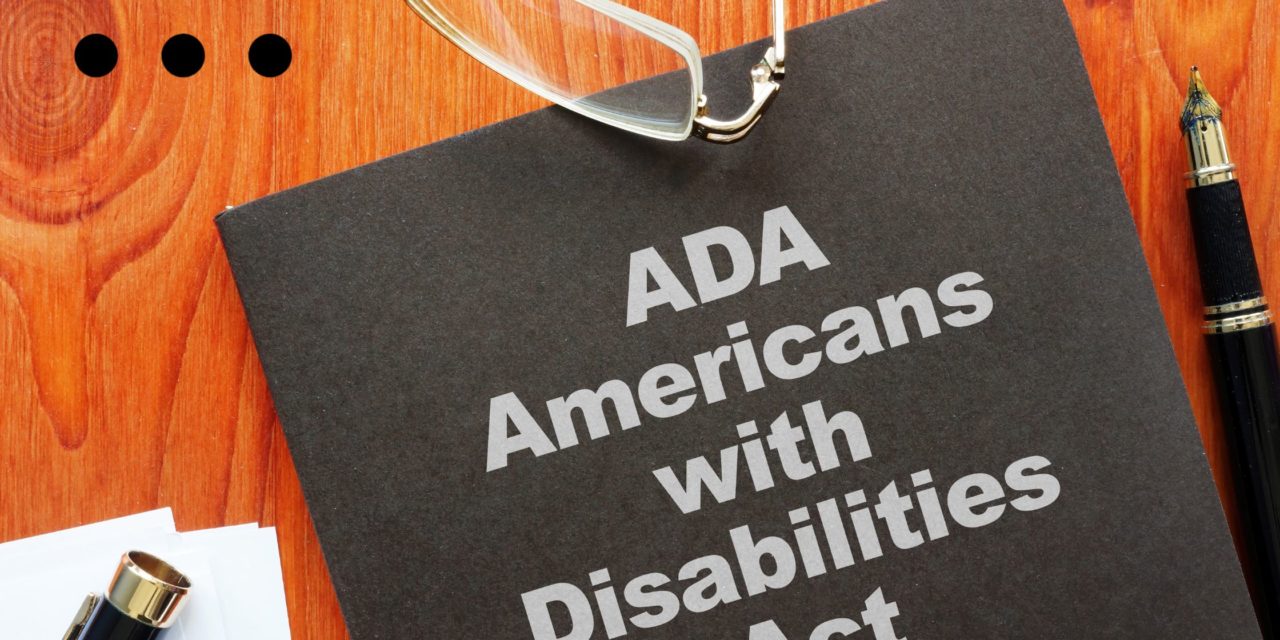Is alcoholism ADA protected? What rights do you have if you were fired by an employer because of your alcoholism? Learn what aspects of substance abuse are and aren’t protected under the Americans with Disabilities Act, the limitations of the protections that are available, and what this means for you whether you are currently in recovery or decades sober.
What is a disability?
A disability is defined as a physical or mental impairment that severely limits a person from taking part in one or more major life activities. In 1990, the Americans with Disabilities Act (ADA) was signed into law to stop discrimination that could prevent disabled persons from partaking in essential activities and services like employment or public transportation. Alcohol addiction appears to neatly fit the bill on both fronts.
There’s the physical toll of alcoholism which can lead to all sorts of cardiovascular, liver, and lung issues (just to name a few); then there are the psychological impacts. Drinking can lead to the development of mental illnesses such as major depression and bipolar disorder.
Plus, substance addiction of any sort is recognized as a medical condition after all; a chronic disease like asthma, diabetes, or cancer. Further, the symptoms of alcohol abuse can directly result in side effects that could qualify for disability status in the Social Security Administration’s (SSA) Blue Book, the official guide on what counts as a disability.
Is drug addiction a disability under ADA?
The short answer is, no, drug addiction itself is not considered a disability that is protected by the Americans with Disabilities Act.
The ADA explicitly states that any job applicant or employee using illegal drugs (or using legal drugs illicitly), is not qualified as a person with a disability. Therefore, an employer who terminates or denies an employee for that reason would not be found to violate the ADA. This also means that it’s perfectly legal for a workplace to enforce drug testing and pursue other actions required to enforce the federal Drug-Free Workplace Act of 1988.
However, that’s not to say that ADA offers no protection to those who are battling addiction or have done so in the past. Employers may not discriminate against a person with a history of drug use, who has gone to rehab in the past, or who is currently in a drug treatment program.
This is a vital and increasingly important extension of the law, as it means the individuals undergoing medication-assisted treatment (MAT) cannot be denied services or opportunities for using a medication like suboxone. The United States Department of Justice issued a statement in April of this year, declaring that people undergoing evidence-based treatment should not be discriminated against.
ADA, Addiction & Other Exceptions
If you’re still not sure if alcoholism is ADA protected, The Americans with Disabilities Act has a few key distinctions regarding substance abuse and who might qualify for protection.
Current vs Past users
The first is that ADA does not include current users as protected citizens. ‘Current’ is defined as having a positive drug test or if there’s been a recent enough drug use incident that could leave an employer to believe drug use is still ongoing. It does not mean that a person has drugs in their system at the time, nor does ‘current’ specify a time frame.
A current drug user could be someone who last took drugs hours, days, weeks, or even months before. In Salley v. Circuit City Stores, the court considered the plaintiff to be a “current user” because the three weeks they were abstinent wasn’t considered a long enough time for them to have truly recovered. In short, it’s simply the periodic use of drugs.
Addicted person vs Casual drug user
The other important distinction the ADA makes is between a person with a full-fledged substance use disorder and a recreational (non-addicted) drug user. A previous casual user would not be protected but a previously addicted user would.
While it seems like it’s splitting hairs at that point, the reason for this is that a person isn’t considered to be “substantially limited because of drug use” unless they’re addicted.
Going to rehab
A person who previously completed a drug rehabilitation program is viewed fairly positively in the eyes of the ADA which allows them considerably more protection than someone who didn’t. However, going to a drug rehab program doesn’t suddenly make you untouchable by the law. According to the EEOC Technical Assistance Manual on the ADA, only those who have been or are currently in–but did not just enroll–are given any consideration.
If drinking is affecting your work performance and could potentially result in your termination, find a drug rehab today to speak to treatment experts about the substance abuse treatment benefits that may be covered by your employer.
For more information about ADA guidelines, visit https://www.ada.gov/cguide.htm.

